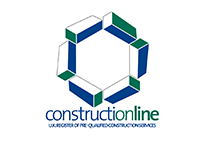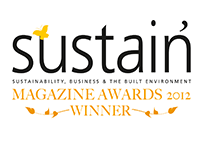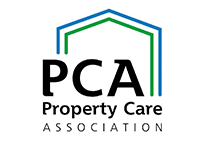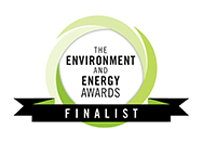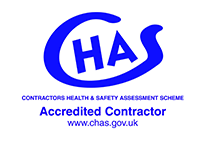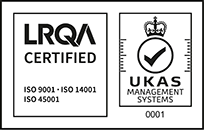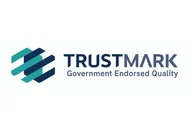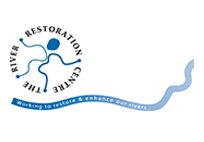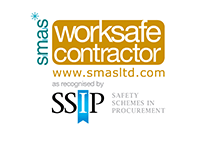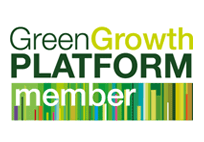Call us free on 0808 168 9540
Call us free on 0808 168 9540

Our staff are accredited with the PCA’s Japanese knotweed survey and contractor qualifications (CSJK), which support our provision of Japanese knotweed surveys for a wide variety of sites and domestic and commercial properties. Often, it’s not until the due diligence process of a property transaction that a client realises they need to carry out a Japanese knotweed survey.
However, due to the very real property risks posed by knotweed, which can diminish the value of property and/or lead to costly and awkward litigation, the sensible time to get a knotweed survey is usually right now.
Phlorum played a key role in the formation and founding of the premier trade body for Japanese knotweed professionals, the Property Care Association (PCA) Invasive Weed Control Group (IWCG). Phlorum Director and Co-founder, Richard Schofield, has been the chair of this group since 2018.
The due diligence process involved in a property transaction for commercial premises or construction sites can often miss the presence of knotweed on affected land. Desktop surveys will often only look at documented environmental records and there might be none for knotweed.
Additionally, ‘boots on the ground’ site surveys for similar property risks such as those identified during contaminated land or preliminary ecological appraisals are focused on other things (i.e. chemical contaminants in the ground to clean up and plant and animal species to protect, respectively). A full walkover of the land should therefore be undertaken by an appropriately qualified and experienced Japanese knotweed surveyor in order to identify any costly risks that might be associated with the presence of knotweed.
As development land is often left unused for many years before it is redeveloped, this can often allow knotweed to flourish and be much more expensive to deal with than it would have been if caught early. It is therefore important that a specialist knotweed survey is undertaken as soon as possible.
A comprehensive commercial Japanese knotweed survey from Phlorum will identify the risks and provide a Japanese knotweed survey report that will include options for remediation of any knotweed found. It is usually possible to strike a balance between cost and inconvenience, such that a bespoke treatment package can be presented to the client whereby cheaper solutions are adopted in areas of a site where the presence of knotweed poses less risk.
Where relatively deep excavations are required as part of development, it is usual that full excavation of the knotweed from the affected area is required, and this can be expensive.
Our domestic Japanese knotweed surveys are specially-tailored for homeowners and are usually a more straightforward affair.
Most domestic properties are well looked after and Japanese knotweed does not tend to reach the expansive levels of infestation that can sometimes be found on development sites. Additionally, knotweed on domestic properties is usually present in the gardens in areas where the knotweed does not have a significant impact on how the homeowners uses their property.
We can therefore often provide a fairly straightforward package of a Japanese knotweed house survey and herbicide works for domestic properties because the survey cost for such treatment is fairly standard.
As such, we can usually provide this service after reviewing photographs that homeowners send us and identifying Japanese knotweed on their property.
So send us your photos and receive some feedback from us first before you appoint us to visit your site to carry out a Japanese knotweed house survey and treatment. We also have a detailed guide to plants that look like Japanese knotweed that may alleviate concerns.
Japanese knotweed is a well-known and well-established property risk. Although its rapid rates of growth and spread can cause significant damage to built structures and surfaces, probably the greatest impact is caused indirectly, e.g. through property blight, whereby the mere mention of knotweed affecting a property can make it undesirable and hugely impact its value.
The Royal Institution of Chartered Surveyors (RICS) has published a guidance note for its building surveyor and valuation members which allows a Japanese knotweed risk assessment to be carried out. This classifies the risk posed by knotweed on most residential properties and what management solutions are available to deal with it.
Japanese knotweed survey costs depend on the amount of work involved. For large construction sites, this could require several surveyors and many hours of work.
However, for domestic properties close to our offices or on one of our regular work routes, we can often offer free Japanese knotweed surveys for these properties.
Where we have to make a charge, this is from around £250 plus VAT.
However, for most domestic properties, if you send us photographs of the knotweed we can usually provide enough free advice to help you decide what to do. Having reviewed thousands of such photographs, it is often the case that the plant a homeowner believes to be knotweed turns out to be nothing of the sort and is actually a harmless weed.
So, by sending us your photos we can often quickly and easily put your mind at rest and save you significant worry and cost.
If you are concerned about a potential knotweed issue, send us some photographs or give us a call. If you give us the address of a domestic property (just the town or first half of the postcode can be enough) we can provide a letter with our costs for a knotweed survey and additional information on typical knotweed treatment and removal costs.
We can usually give you a fair bit of free advice if we can effectively gauge the scale of your knotweed problem from your photographs. Once you’ve contacted us, whether or not you’ve sent photographs, we can then discuss your specific situation and start developing options for the most suitable way forward.
The two main factors affecting cost are how quickly or how completely you need the problem gone.
A quick and complete solution is usually the most expensive, as it will usually require digging up the knotweed and disposing of it at a suitable waste facility. Herbicide applications are much cheaper, but they can take several years and can limit how you use the affected land afterwards.

Dr Paul Beckett is one of the UK’s leading experts in Japanese knotweed and is a member of the Expert Witness Institute. He regularly provides Japanese knotweed expert witness services. He helped produce the RICS knotweed guidance for surveyors and was integral in the formation of the Property Care Association (PCA) Invasive Weed Control Group (IWCG).

